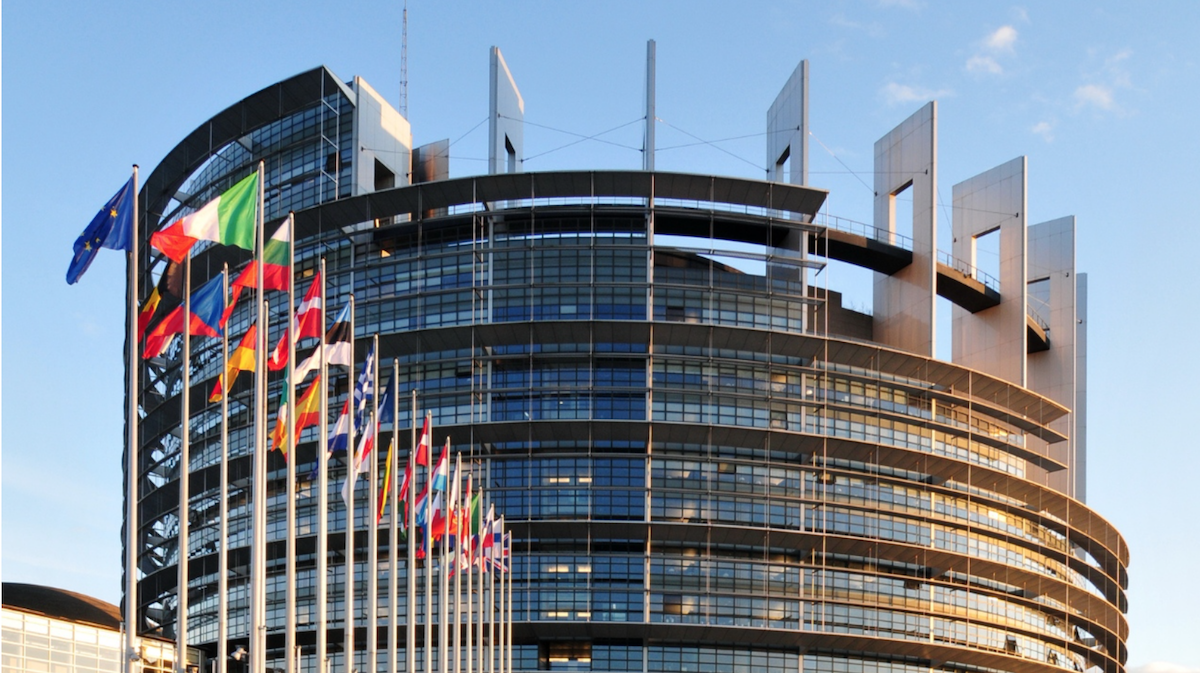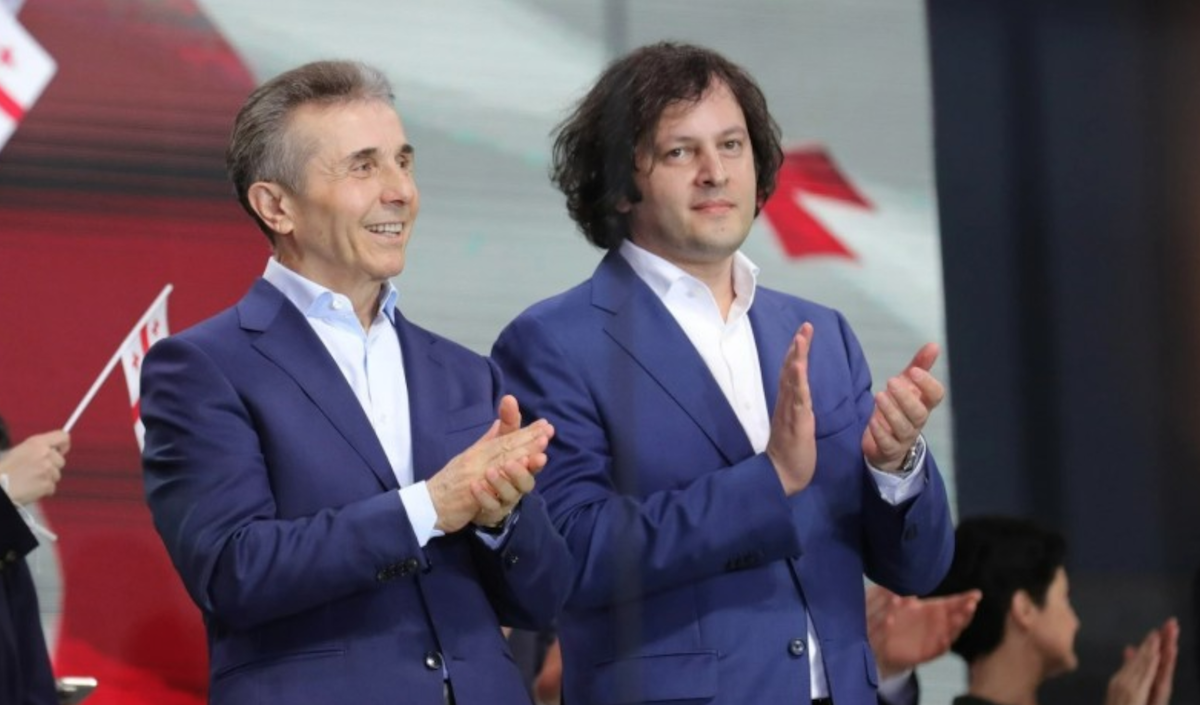Georgia government claimed Lithuania and Estonia imposed sanctions against it "under third-party influence"
Georgia government blames Lithuania and Estonia
In response to the sanctions imposed by Lithuania and Estonia on December 15 against high-ranking Georgian officials, Georgia’s ruling party, Georgian Dream, announced on December 16 that it would maintain unilateral relations with these countries.
According to Georgian Dream, Estonia and Lithuania are “the EU member states with the most limited sovereignty today, whose governments act not in the interests of their own people but under directives from a foreign administration.”
“The governments of Lithuania and Estonia have decided to impose sanctions on 20 representatives of the Georgian government, including the prime minister. The Georgian authorities have the right and ability to respond to this anti-Georgian decision. However, out of respect for the Lithuanian and Estonian people, we do not consider it appropriate to take such a step.
We have decided to maintain a unilateral partnership with both countries to avoid jeopardizing the traditional friendship between the Georgian, Estonian, and Lithuanian peoples,” the Georgian Dream statement reads.
The party claims that by imposing sanctions, the governments of Lithuania and Estonia acted under the influence of foreign administrations.
“It is unfortunate that, despite 33 years of independence, the authorities of Lithuania and Estonia have not been able to move beyond a Soviet mentality.
We wish our friendly nations of Estonia and Lithuania strengthened sovereignty and all the best in 2025!”
What sanctions and restrictions have been imposed by various countries against the Georgian authorities
● December 5: U.S. journalist Alex Raufoglu shared remarks by Secretary of State Antony Blinken, stating that alongside the ongoing review of U.S.-Georgia bilateral relations, the U.S. is preparing to deploy additional measures, including sanctions.
● September 16: The U.S. Department of the Treasury imposed sanctions on the head of Georgia’s special forces, Zviad Kharazishvili (known as “Khareba”), and his deputy, Mileri Lagazauri, for their roles in serious human rights violations during the violent suppression of peaceful protests against the “foreign agents” law. Both were added to the Magnitsky List.
On the same day, the U.S. sanctioned two leaders of the pro-Russian Alt-info movement, Konstantin Morgoshia and Zurab Makharadze, for serious human rights abuses, including violent attacks on citizens exercising their right to peaceful assembly.
Additionally, the State Department imposed visa restrictions on more than 60 members of the Georgian government and parliament, including their family members, for “undermining democracy.”
The Treasury Department announced that all property and assets of these individuals within the U.S. or under U.S. jurisdiction would be frozen.
● June 6: The State Department announced the first package of sanctions, introducing visa restrictions that initially targeted around 30 Georgian officials and lawmakers.
● December 4: U.S. Helsinki Commission Chairman Joe Wilson issued an urgent statement on Georgia’s current political developments, calling on the State Department and European allies to impose personal sanctions on the Mayor of Tbilisi, the Minister of Internal Affairs, and “all individuals responsible for orchestrating repression.”
● December 5: Ukrainian President Volodymyr Zelensky signed a decree imposing sanctions on Bidzina Ivanishvili, oligarch and leader of “Georgian Dream,” along with 18 of his associates. Zelensky stated that the sanctions target the segment of the Georgian government that is “handing Georgia over to Putin” and called on “Europe, America, and the entire world to act decisively.”




















